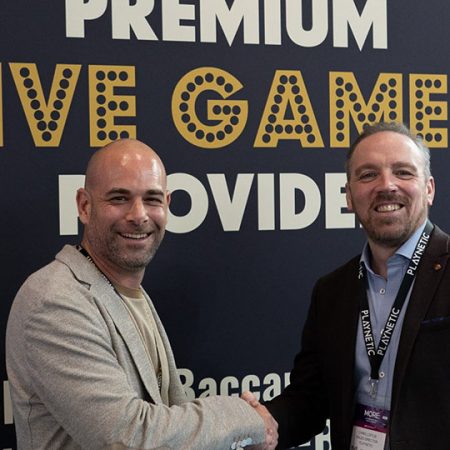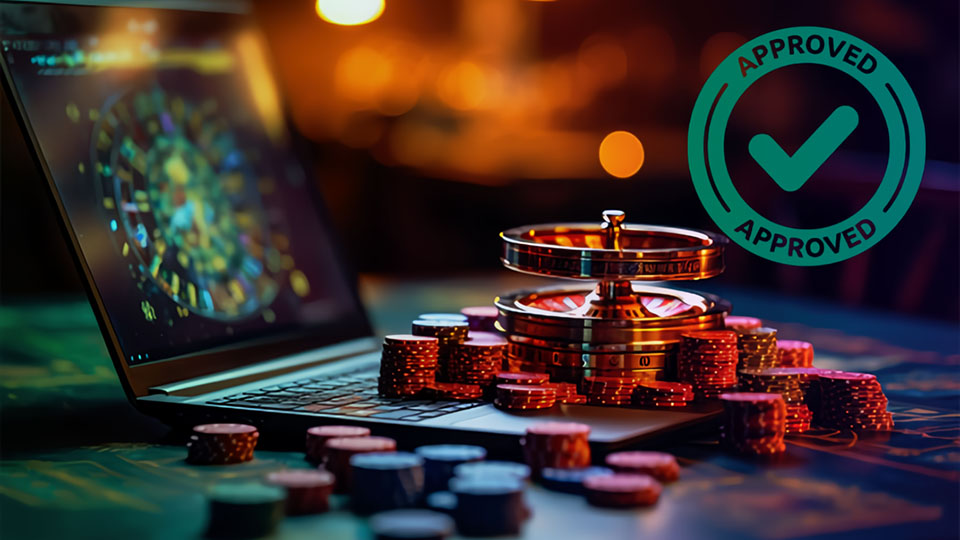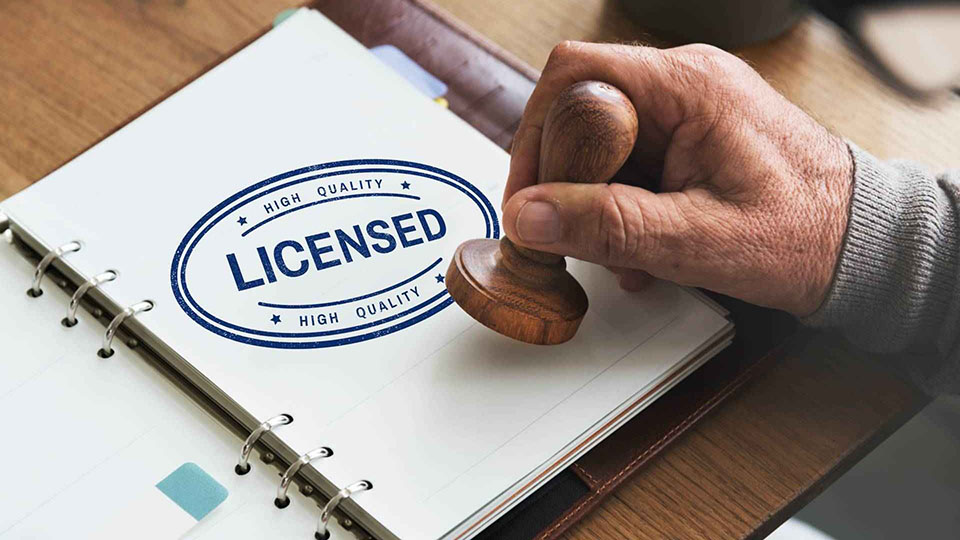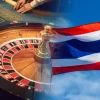Understanding the Online Gambling License
A digital gaming license is a form of legal authorization granted by governing bodies or jurisdictions permitting online gambling organizations to lawfully conduct activities and yield earnings from internet-based gamblers. This certification stands as a legality guarantor for such companies, ensuring their operations align with industry regulations and prevalent norms.
Securing a gambling license is a crucial step for operators, serving as a legality confirmation and boosting gamer confidence. It signifies the operator’s commitment to conforming to industry protocol, thereby ensuring the best interest and safety of players.
Being a license holder from one or more jurisdictions is an integral part of a professionally recognized online gambling organization. This credential not only validates the quality of offerings but also plays a vital role in building a strong brand reputation. Customers feel more comfortable engaging with officially recognized operators, knowing that such businesses adhere to the law and operate under ethical parameters.
Who Requires a Gambling License?
All operators necessitate a license to function legally. The gaming license holds great importance at every stage of business, contributing to building the company’s credibility and image before B2B providers and players. It protects against potential legal complications and opens up newer avenues for collaborations with software developers. The phrases “online gaming license” and “remote gaming license” encompass all games that users play online. The following individuals and organizations generally require gaming licenses:
- Online Casino Operators: Benefactors and managers of websites that offer a wide spectrum of gambling activities such as poker, slots, and roulette among others. This category also includes those who organize online casinos and conduct various games to be streamed online.
- Bookmakers: Entities that accept wagers on diverse activities including sports, cybersports, live events, and more.
- Gaming Software Developers: If your primary focus involves developing gaming applications, you might require a license to demonstrate compliance with all applicable laws and rules.
- Payment Processing Companies: Businesses that undertake payment processing activities for gambling operations may demand a license to exhibit dependability and ensure customer protection.
- Other Participants in the Gambling Industry: Other businesses or individuals who interact with customers in the gaming sector. This list includes service providers, consultants, and several other entrepreneurs who are involved with online poker, lotteries, fantasy games, and other forms of gambling.
Gaming License Prerequisites
- Gaming license registration process is regulated by stringent rules that affect every stakeholder, including the owners, employees, and partners.
- The foundational conditions for securing a gaming license parallel the requirements for operations in the banking services sector.
- Owners and staff’s financial experience is a significant component ensuring business sustainability.
- Any hint of illicit activities could lead to license application denial without a comprehensive review.
- Regulatory bodies conduct a thorough investigation into the applicant’s business reputation.
- In certain cases, applicants might have to provide complete information about their financial structure, employees, and partners.
- Specialized commissions set international licensing standards to strengthen applicant action oversight.
- With licensure control, the key focus lies on eradicating gambling criminal activities, thereby ensuring transparent and fair gambling operations.
- Companies need to confirm that all gambling activities under the licensee’s purview are conducted transparently and fairly.
- One major aim of the licensing process is to ensure the protection of minors and vulnerable groups from potential risks and exploitation within the gambling industry.
Procuring a Gaming License: The Steps
Deciding on a Jurisdiction
The first step involves selecting the jurisdiction where you wish to obtain a gaming license. Different jurisdictions present unique licensing preconditions and stipulations. This requires careful study and an informed decision.
Gofaizen & Sherle can assist you in understanding the crucial aspects and choosing a suitable jurisdiction for your business based on your unique requirements.
Business Registration
This step involves setting up your business, along with registering your trademarks and designs. Besides, you might also need to ensure you possess servers within the chosen jurisdiction.
Compiling Relevant Information
Gathering a practical business plan, details about key team members, resources and funding validation, and specifics of your gambling enterprise is necessary for this stage.
Implementation of Anti-Money Laundering & Risk Policies
At this stage, enforcement of AML/KYC policies for your online platform is crucial, and performing periodic independent audits is recommended. Additionally, developing necessary underage participation prevention strategies may be needed.
Compilation of Requisite Documentation
Here, the focus should be on assembling all necessary documents along with payment of applicable fees. Depending on your chosen jurisdiction, required details may include a clean criminal record, passport copies for business owners and key employees, utility bill copies and bank statements, concise descriptions of the proposed games and software, and a realistic business plan. Consult Gofaizen & Sherle for a comprehensive list of desired documents for your chosen jurisdiction.
Filing for a Gaming License
Your application needs to encompasses all essential information, ranging from owner’s and key player’s personal details to aspects of the business plan and descriptions of the games and software that will be offered. The regulatory bodies might seek additional details or clarification on specific application items.
Securing a License
Post document submission, the regulatory body inspects your information to ascertain that your operations will not negatively affect the jurisdiction’s overall reputation. If all criteria are met, a license is issued.
Gofaizen & Sherle maintains a continuous engagement, assisting with securing gaming licenses, providing necessary guidance, and sharing detailed information regarding the requirements and processes. We ensure results without requiring your physical presence by accompanying you throughout the process.
Different Types of Online Gaming Licenses
Predicated on the activities they govern and where they are issued, gaming licenses can take various forms. In an online gaming context, the following license types are most common:
- Business-to-Business (B2B) License
This is typically utilized by game developers to showcase their gaming products to gambling operators. It facilitates the establishment of agreements and distribution of games on digital casino sites.
- Business-to-Consumer (B2C) License
This is employed to offer services directly to users of online casinos.
- Gambling Licenses
These are indispensable for operators that furnish real money games such as online casinos, poker rooms, or sports betting businesses. - Licenses for Betting Service Provision
This type of license is necessary for entities providing betting services on sports activities or other such events. - Game Platform Licenses
These are needed for the creation and utilization of gaming platforms that host multiple game types. - Software License
This is mandatory for developers who create and distribute gaming software.





















